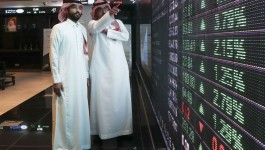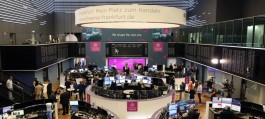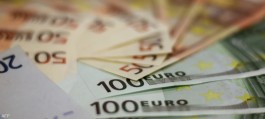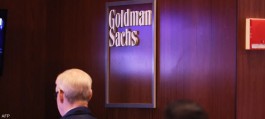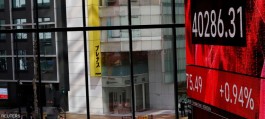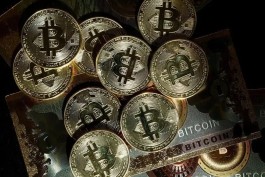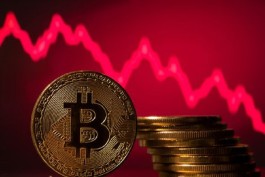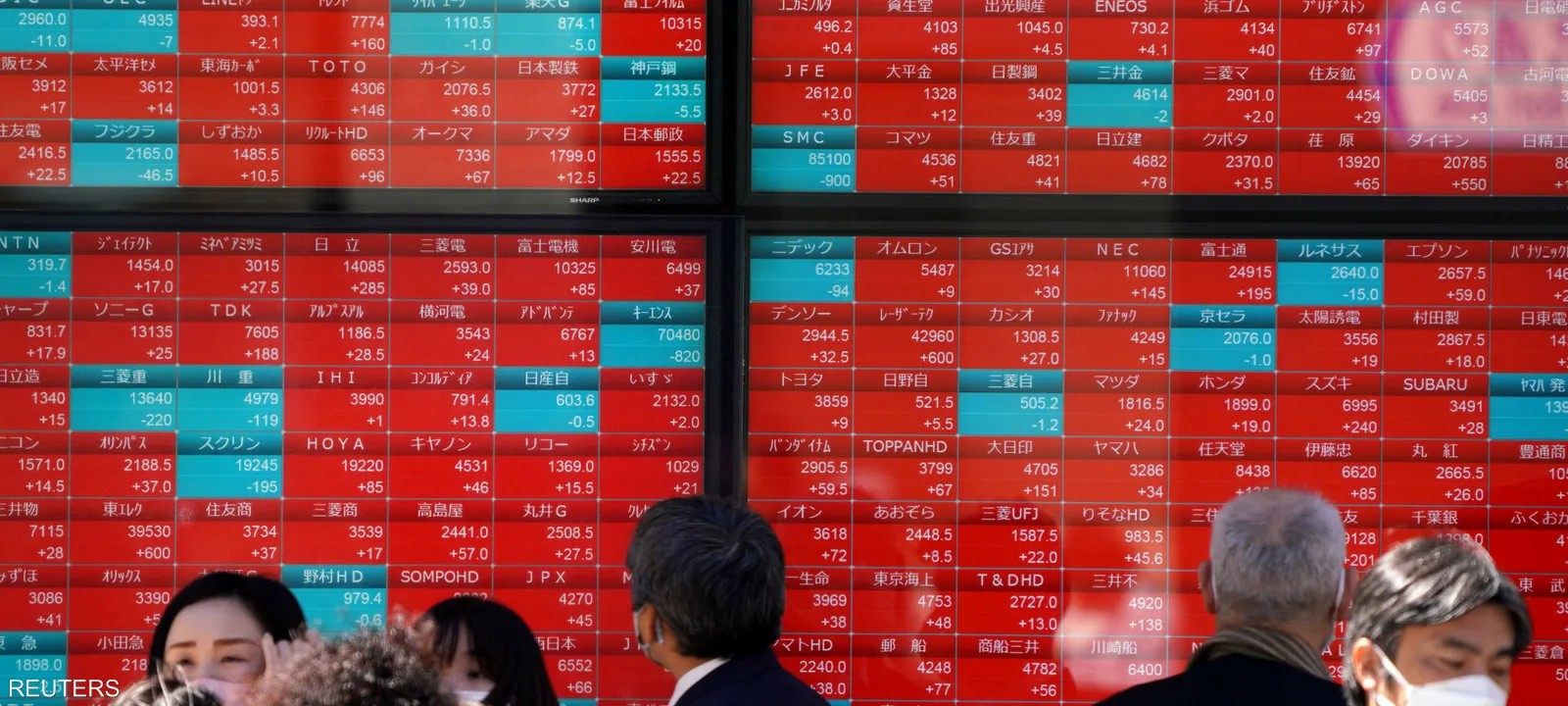Asian stocks were mixed on Thursday after U.S. stocks fell as investors awaited developments in the Middle East.
The US dollar rose against the Japanese yen after officials played down the likelihood of an interest rate hike soon.
That helped push Tokyo's Nikkei index higher, up 2 percent to 38,552.06, while the dollar was at 146.51 yen on Thursday, up from 146.41 yen late Wednesday.
The dollar was trading at 142 yen after the ruling Liberal Democratic Party chose Shigeru Ishiba to lead the party and succeed Fumio Kishida as prime minister, according to the Associated Press.
Ishiba had voiced support for the central bank’s recent moves to raise its benchmark interest rate to near zero, around 0.25%, prompting traders to bet that the yen would rise.
But after a meeting between Ishiba and Bank of Japan Governor Kazuo Ueda, the two officials indicated that the central bank does not see another interest rate hike as appropriate for the economy at this time.
This has led to a wave of yen selling, which benefits major export-oriented manufacturers.
Elsewhere in Asia, Hong Kong's Hang Seng Index fell 1.4% to 22,124.37 points as investors booked profits after it surged 6.2% the previous day on a wave of investor enthusiasm over recent announcements from Beijing to revive the Chinese economy.
With Shanghai and other markets in China closed for a week-long holiday, trading in Hong Kong was busy.
Markets in South Korea and Taiwan were also closed.
India's Sensex fell 1.3%.
Oil prices rose again as the world waited to see how Israel would respond to Iran's missile attack on Tuesday.
The price of a barrel of US benchmark crude oil rose by one dollar to $71.10 in trading on the New York Mercantile Exchange.
The price of a barrel of Brent crude oil, the global benchmark, rose 94 cents to $74.84.
Wall Street's main indexes ended Wednesday's trading little changed amid uncertainty over the conflict in the Middle East.
In the bond market, Treasury yields rose after a jobs report indicated that hiring by U.S. employers outside the government may have been stronger than expected last month.















